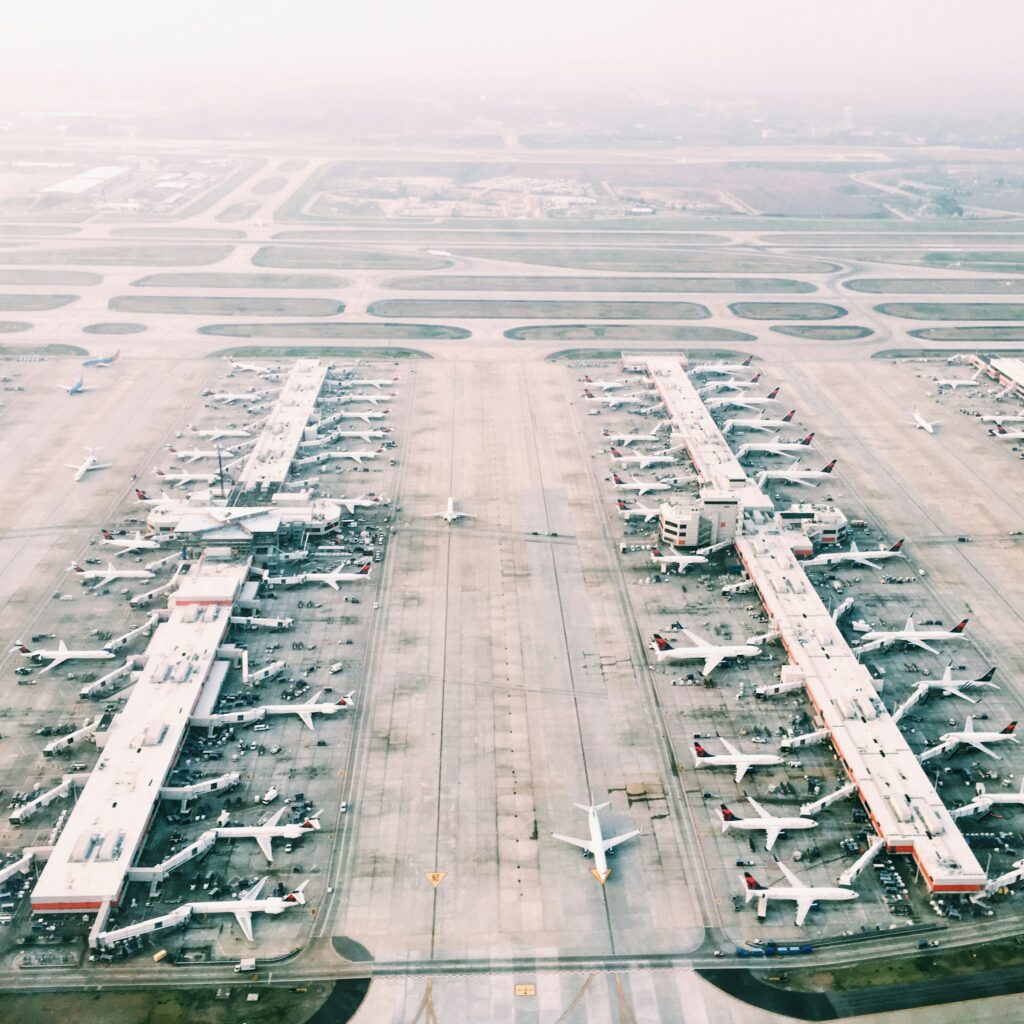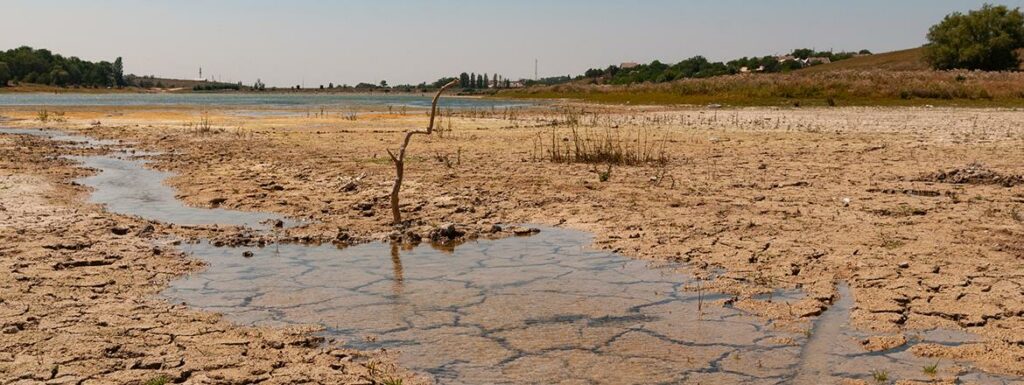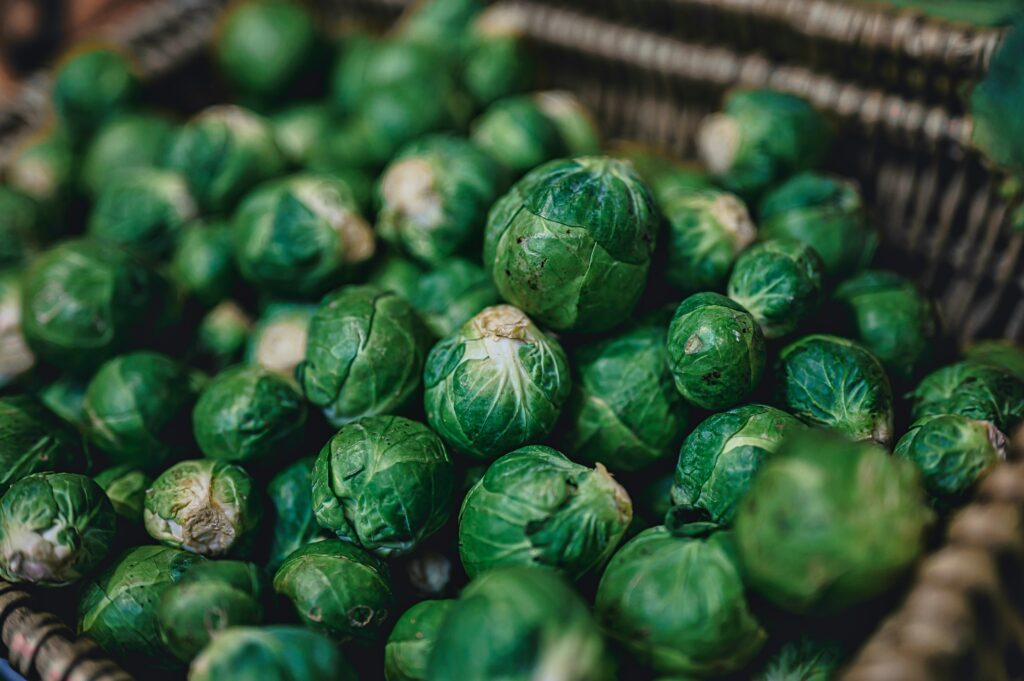With the scramble to evacuate Western citizens and local friends from Kabul airport still going on, and badly, CBS blamed the Taliban victory on… climate change. See, “Rural Afghanistan has been rocked by climate change. The past three decades have brought floods and drought that have destroyed crops and left people hungry. And the Taliban — likely without knowing climate change was the cause — has taken advantage of that pain.” Speaking of not knowing what’s going on, CBS seems unaware that, as James Taylor over at Climate Realism pointed out in commenting on this story, the United Nations Food and Agriculture Organization showed an enormous increase in yield per acre of cereals (corn, wheat and rice) in Afghanistan from 2001 through 2018. How enormous? It doubled in less than two decades. If that’s what being rocked by climate change causes, more poor nations could use it.
In lieu of any actual data the CBS story quoted one “nonresident senior fellow at the Atlantic Council's South Asia Center”, who we were all hoping to hear from on this issue obviously, who opined that “With poverty and war and everything else, climate change is the last thing on anyone's mind”. Except of course some journalist with a BA in “Journalism & Mass Communications” sitting in an airconditioned Washington office who just knows it’s front and centre even if her interview subjects say otherwise.
This nonresident senior fellow did tell her the Taliban pay people more to fight for them, around $5-10 per day, than they can make farming. But it’s hardly surprising since Afghanistan’s GDP per capita, admittedly difficult to determine, seems to be somewhere between $500 and $2000 per year, or $1.75 to $5.50 per day, whereas the Taliban is a wealthy international narcotic-smuggling Puritanical terrorist organization whose estimated $1.6 billion annual budget, Wikipedia reports, comes “mostly from drugs, mining, extortion and taxes, donations and exports.”
None of which has anything to do with climate change. Indeed, it includes the Taliban’s lucrative stranglehold on the Afghan opium trade whose poppies don’t seem to have succumbed to the same droughty flooding as CBS believes have hammered traditional local crops like pomegranates and apricots. Instead Afghanistan is the world’s largest producer of opium. And for some reason climate change bypassed Afghanistan’s world-class saffron, whose production rose dramatically over the period from 2012 to 2019.
We also think it might be worth noting that the Taliban first came to power in 1996. Was that also about climate change causing crop failure? Or did the laws of geopolitics change as dramatically as those of science itself in recent decades?
To ask such questions is to miss the point. Which is that when it comes to climate change, you don’t need facts or logic. You just find something bad and blame it on climate change and if anyone argues back you insult them brutally. Thus former Canadian environment minister Catherine McKenna recently tweeted “climate deniers, anti-vaxxers and misogynists all hang out together. Quite the club.” McKenna then doubled down with “The best way to counter misogyny in politics (linked to climate denial so well in places like National Post columns) is to get more women elected. That is 100% my plan post-politics.”) And abracadabra, you’re a climate scientist and a political scientist in one fell swoop.



Love your website!! This article is just the right amount of tongue in cheek sarcasm and over the top humor
Could the deposits of copper, rare earth elements, lithium etc. have anything to do with the real interests in Afghanistan?
Could this threaten Biden's promise to cover as much rural land and ocean floors as possible with industrial scale wind turbines?
This is getting comical. Is there any bad thing in the universe that the insidious carbon dioxide molecule is not responsible for?
Even more astounding that (1) this could be published by a major media outlet; and (2) it's not apparent to the vast majority of the population that it is nonsense.
I predict this will play out like belief in witchcraft in Europe and the ensuing persecution. Enough people are now too heavily invested in it (financially and psychologically) to critically re-assess (much less disavow) their beliefs. Religion is a hard thing to renounce when it's a big part of your identity. I only hope we don't have to wait for centuries or generations to pass before our descendants look at us with bewilderment and snickers. Not looking good though, with public school indoctrinating our kids in the climatechangeology. Maybe our great grandchildren will dress up as climate activists for Halloween.
Prior to US intervention and war on Taliban, farmers were forced to grow opium poppies on their fields. When the Yanks took control, cultivation of food crops were encouraged, opium fields were destroyed. Climate may have allowed those crops to flourish but, stopping farming for drugs to cut off Taliban cash had more to do with crop yields than weather.
"... when it comes to climate change, you don’t need facts or logic. You just find something bad and blame it on climate change and if anyone argues back you insult them brutally."
Yes indeed. As anyone with a degree in Journalism and Mass Communications (and thus a climate science expert) will tell you, the underlying principle of climate science is thusly:
"If it's nice, it's natural variation. If it's nasty, it's climate change."
Hold fast to this principle and a lucrative job awaits you the the New York Times or The Guardian.